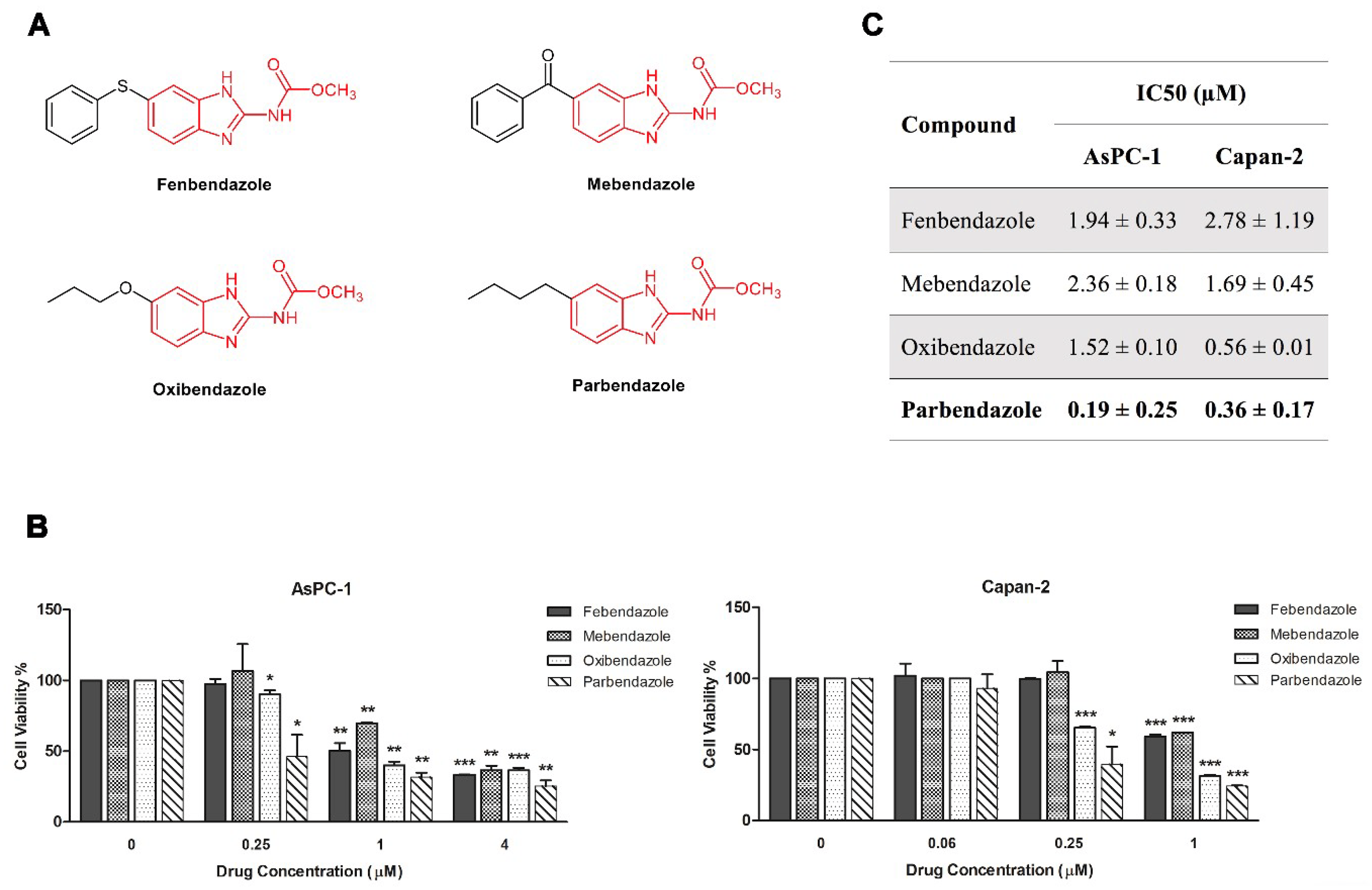Fenben is a veterinary medication that treats parasites and worms in animals. Recently, it has gained popularity among cancer patients after it was used in the Joe Tippens Cancer Protocol.
Studies have found that fenben can prevent cancer cells from absorbing glucose, which helps them to shrink and die. This is a promising finding and could save time and money in developing new cancer-fighting drugs.
What are the side effects of Fenben?
Fenbendazole (common brand names include Pancur, Safe-Guard) is a broad spectrum anthelmintic medication used to treat parasites and worms in animals. It is effective against roundworms, hookworms, whipworms, some tapeworms (except the common dog tapeworm Dipylidium caninum), pinworms, and aelurostrongylus. It is also being used by humans to treat cancer as part of a treatment protocol known as the Joe Tippens Cancer Protocol.
Studies in mice have shown that fenbendazole can shrink tumors and kill cancer cells. The mechanism by which fenbendazole kills cancer cells involves inhibiting the growth of microtubules, which are essential for cell division and cellular movement. Another study found that fenbendazole can suppress the RAS-related signaling pathway in human lung adenocarcinoma cells that had a KRAS mutation. The study also found that fenbendazole reduced B cell activation and proliferation. These results suggest that fenbendazole may have potential as a human anti-cancer drug. However, further research is needed to confirm these findings.
Can Fenben be used to treat cancer?
Fenben has been used as an anthelmintic medicine since the 1970s to treat parasitic worm infections. However, multiple studies have shown that it can also be used to treat cancer in humans. It has been found that fenbendazole inhibits the growth of cancer cells by blocking their supply of energy. It also reactivates the p53 gene, which is known to prevent the formation of tumors.
It has also been found that fenbendazole causes cancer cell death by inhibiting their ability to absorb glucose. This leads to the death of cancer cells in both laboratory and clinical settings.
However, it is important to note that fenbendazole is not currently used to treat cancer in humans. In fact, the only fenbendazole product approved by Health Canada is used to treat dogs for parasitic worm infections. Despite this, there are a number of unlicensed veterinarians who have been spreading false information about fenbendazole on social media platforms like Twitter and TikTok. These unlicensed vets have been promoting the use of fenbendazole to cure cancer, which can be very dangerous for human patients.
Is Fenben safe?
Fenbendazole, or fenben for short, is a veterinary medication that is used to treat parasites and worms (roundworms, hookworms, whipworms and some tapeworms) in animals. It is commonly sold under the brand names Panacur C and Safe-Guard. Recently, researchers have been experimenting with fenben for humans cancer, and they have found that it may be effective in shrinking tumors and killing cancer cells.
Fenben works by inhibiting the growth of cancer cells and blocking their ability to absorb glucose. This makes it a promising treatment for brain, prostate, and ovarian cancers.
Joe Tippens founded the fenben cancer protocol after hearing about a scientist from Merk Animal Hospital who had successfully treated her own cancer using a dog medication. Since then, the fenben cancer protocol has grown in popularity after some impressive fenben for cancer success stories emerged. Interestingly, mebendazole, another drug in the benzimidazole family, has also been shown to be effective in fighting cancer.



